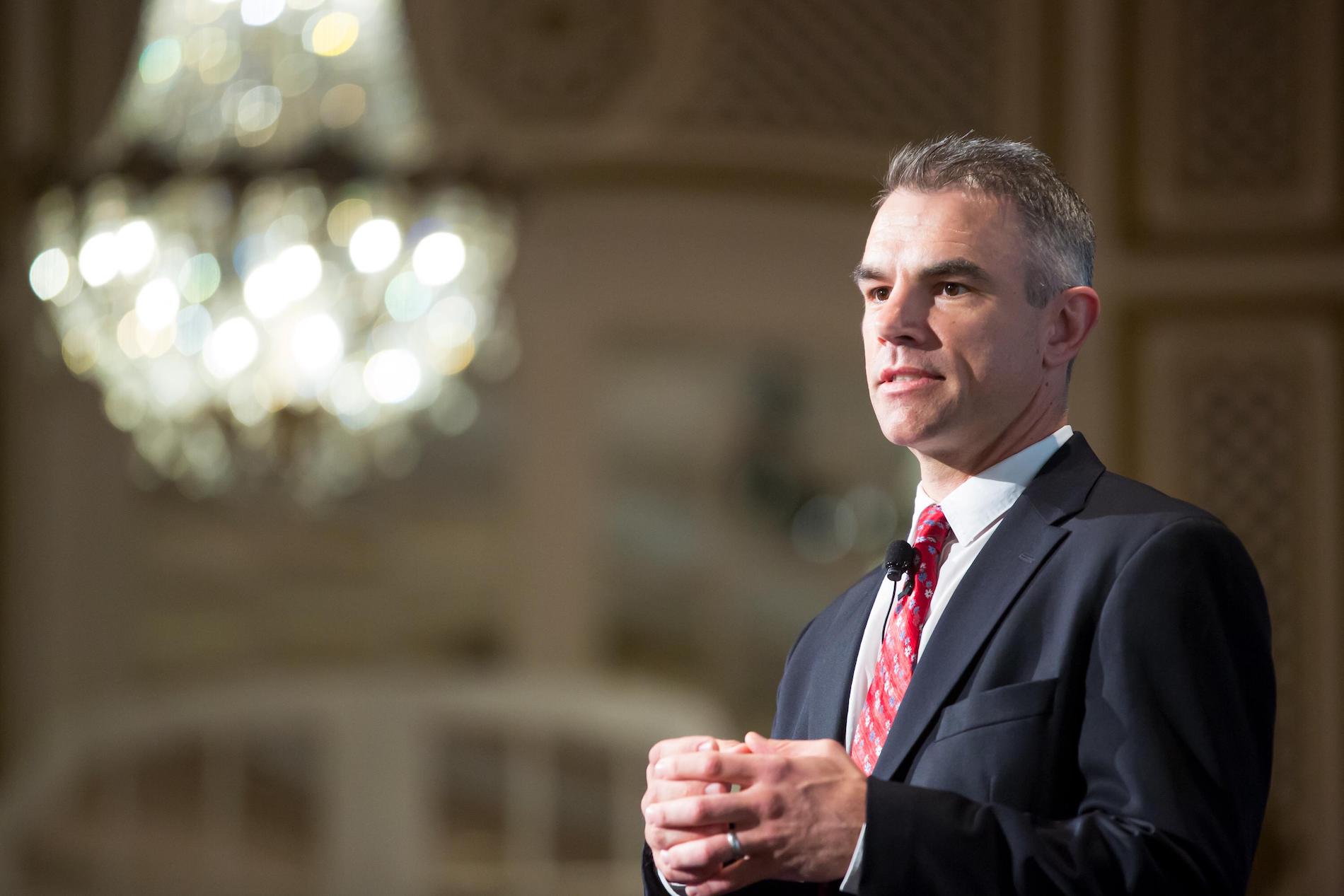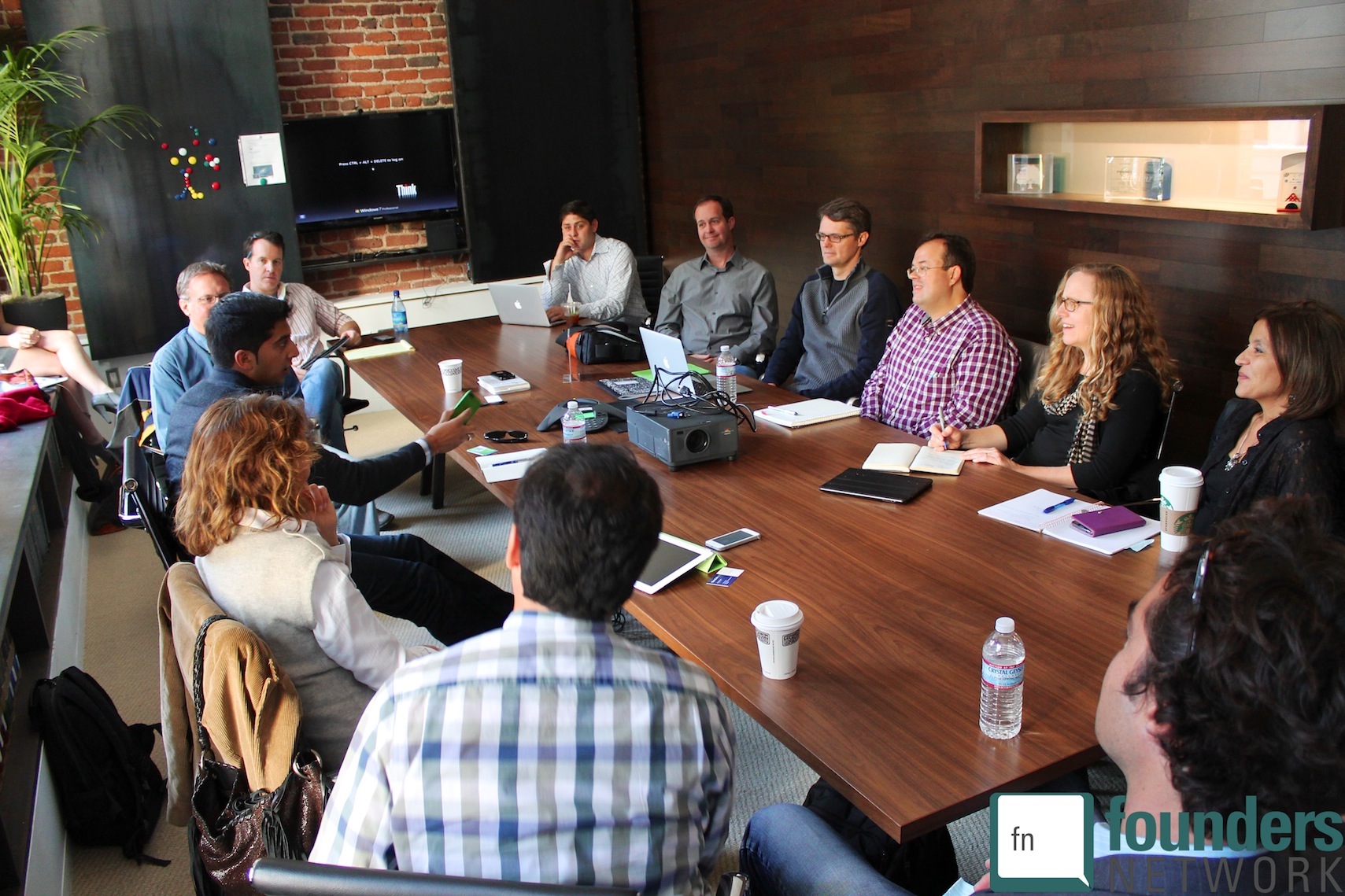
Wade Pitts’ philosophy on taxes is pretty straightforward: “paying what’s appropriate is patriotic, paying more than your fair share is not.” However, what’s not as straightforward is determining what precisely that appropriate amount is come tax time in April or October. One of Pitts’ main pieces of advice when it comes to successful wealth management for entrepreneurs is to overcome the tendency to do everything themselves and outsource to the experts.
The expert who will be joining Founders Network to discuss taxes is Greg Biagini. He is a partner at Realize, a firm of high performance tax advisors, with CPA experience since 2003. He’ll be discussing those tax matters most relevant to entrepreneurs with a spotlight on Qualified Small Business Stocks (QSBS). While it’s an important topic for entrepreneurs, it’s something many have heard of, but may not know exactly how it applies directly to them.
“We live in a litigious society, so you’re probably going to get sued at some point. Are you covered in terms of insurance?” - @WadePitts Share on XWhen it comes to insurance, the focus for a founder has to be on the possibility of being sued. “We live in a litigious society, so you’re probably going to get sued at some point. Are you covered in terms of insurance?” And while Pitts acknowledges that these major litigious events are unlikely, it’s important to be prepared by having financially transferred the risk. Stafford Jacobs will offer his expertise in determining how much insurance is necessary, both as an individual and in business. Jacobs, who has been in the business for over 20 years, is very helpful in getting people the appropriate amount so that they are not over-insured nor underinsured.
“Estate planning is the gift you leave for those you leave behind.” - @WadePitts Share on XFor estate planning, Pitts offered the recent death of the Co-Founder of Zappos, Tony Hsieh, as a cautionary tale. His sudden death last November with no plan left family members having to sort through and piece out the assets of an enormous estate. Everyone will eventually die, and doing so without an estate plan or will can cause the situation to become public and is likely to create tension amongst family members. Pitts describes “estate planning is the gift you leave for those you leave behind.” Yulissa Zulaica, a partner in the law firm. Johnston, Kinney & Zulaica LLP will offer her expertise based on representing high net worth clients. She’ll be discussing how to appropriately title assets, as well as maximizing tax benefits for estate planning.
Pitts who started his career in FinTech before migrating back to wealth management and becoming a Managing Director of Fort Point Capital Partners, has a sophisticated understanding of what founders and tech entrepreneurs are going through in terms of equity compensation and tech ownership and how that affects all aspects of wealth management. Pitts views asset management as how you match your assets with your values. “You’re providing for your family, and for your next stage. No one really talks about retirement. But they want to talk about what’s the next stage.”
“You make money by taking risk and being rewarded, and you keep money by taking risk off the table.” - @WadePitts Share on XAnd of course when it comes to asset management, a big question is how do you maximize your assets, and of special interest to founders, how do you do so when you have a big liquidity event or transition from your company. For Pitts the primary question is always, “how do you take some risk off the table to grow that money and not be overly risky? You make money by taking risk and being rewarded, and you keep money by taking risk off the table and have it grow north of inflation.”
Join Founders Network to learn more about all of these topics so you can avoid the financial mistakes too many founders make. When entrepreneurs are so focused on serving clients and reaching targets, they often forget to think about their own lives. Pitts explains, “they’re just busy, and they think the money’s going to come sometime, but they could have kept so much more of it, and avoided these financial potholes if they simply work with a team.”






